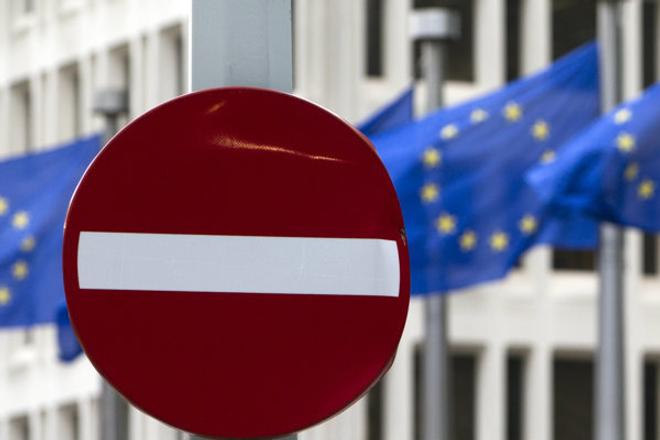We all know this conundrum: Poverty, illiteracy and disease have retreated at an unprecedented pace over the last century, and yet people are as pessimistic about the fate of the human race as ever. The Cold War is over, nations are increasingly bound in peace-producing mutual trade pacts, and yet the election of a dismayingly unqualified president in Washington can still produce a global funk.
Life is better than it’s ever been, but pessimism accumulates like winter snow. What is wrong with us?
It’s a phenomenon that bears different names in different countries. In Czechoslovakia it used to be called blbánálada – the stubborn conviction that we were all headed to perdition, even though Communism had ended, the borders had opened, and the oppressors were (temporarily) humbled. In Canada, it led me to emigrate due to a feeling that opportunity was scarce even for young people with university degrees.
Our fears have never been borne out. Slovakia had the highest GDP per capita growth rate in the EU between 2005 and 2015, but you would never know it down at the pub. Had I stayed in Canada, assuming an industry and sobriety equal to that of my university classmates, I would not now be driving a 2004 Pontiac Sunfire.
So something is at work, souring our optimism even when every available fact tells us we should rejoice. And it’s just as visible on Canada’s verdant West coast, as it is in glum, impatient Bratislava.



 When good increases, we are more likely to notice the evil that remains and despair. And when evil increases, we are more inclined to ignore it and pretend that everything is still alright. (source: TASR/AP)
When good increases, we are more likely to notice the evil that remains and despair. And when evil increases, we are more inclined to ignore it and pretend that everything is still alright. (source: TASR/AP)